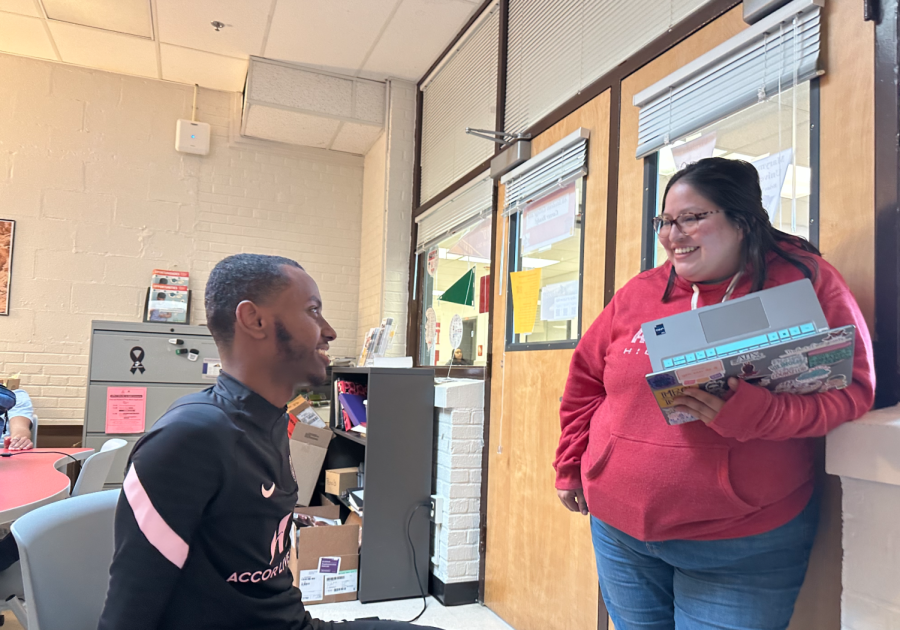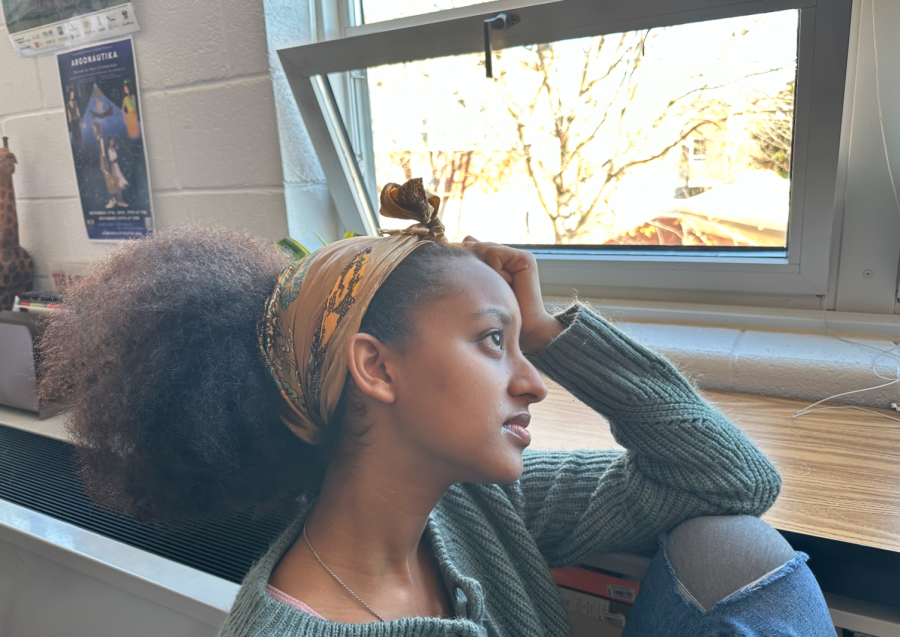About 1 in 91 people in the United States has, or may have, autism or an autism spectrum disorder according to a recent survey released by the Autism Society of America. This is a dramatic increase in the number of people diagnosed with autism, up from the previous accepted estimate, which stood at about 1 in 150 people.
Autism is a brain disorder which disables different areas of the brain from working together. It often makes it more challenging to communicate with and relate to others.
Autism may initially cause a lack of verbal or nonverbal communication. It limits the ability to have social interactions with others and form relationships. Also, it lessens interests in play and activities. Signs of autism are c ommonly first noticed at the age of three, when children are first learning how to walk and talk.
Autism has different effects on people and therefore, not every autistic person has the same symptoms. “It often seems that a child with autism does not hear”, says webmd.com. Teens with autism have an increased chance of developing problems such as or related to depression n, anxiety or epilepsy. Many symptoms of autism are similar to those of attention deficit hyperactivity disorder, commonly referred to as ADHD. At least 33% of adults with autism are able to attain at least partial independence . Residential treatment programs located within the community can provide assistance and supervision to those who are in need of it.
Christina Romano, a sophomore at Annandale, has an older sister, Alex, who has autism. She is also attending Annandale as a senior. “I think it’s a good experience, I still love her,” said Romano. She helps Alex everyday, whether it’s with her homework, fixing her breakfast or picking out her outfits. Her parents and her two other sisters help out too. “She’s very self-sufficient,” Romano said. Alex can do a lot of things on her own like bathing and getting dressed. However, she doesn’t have to do everything the other Romano sisters do, like yard work or cleaning. “If Alex wasn’t born autistic, I would have just another sister that annoys me” said Romano.
Treatments for autism vary, and rarely completely cure the disease. However, they have been shown to improve some symptoms. Treatments include behavioral and communication training, support groups and parental advisory, and medicines. Popular online health information site webmd.com said, “Lately, the gluten-free/casein-free diet has grown in popularity.” Some parents have reported improvements in their child’s symptoms after following this diet, although it has not been scientifically proven to work. The American Academy of Pediatrics recommends that children get screenings for autism at regularly scheduled doctors appointments.





